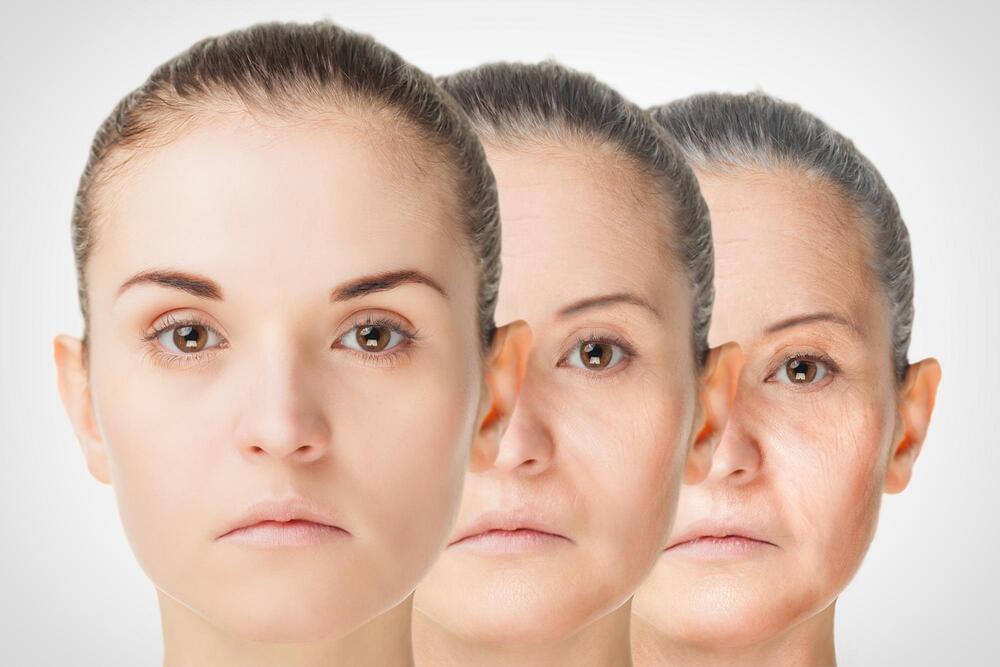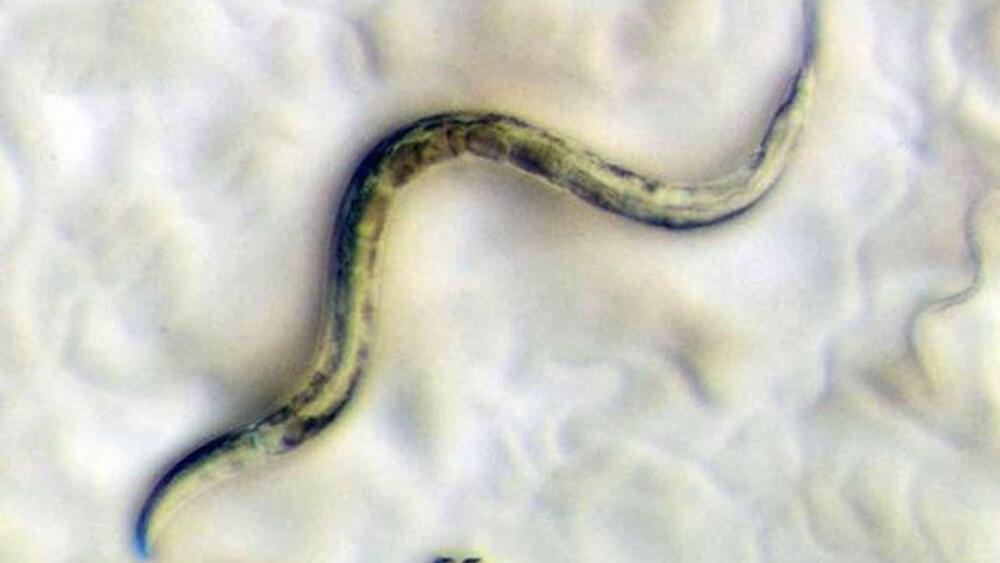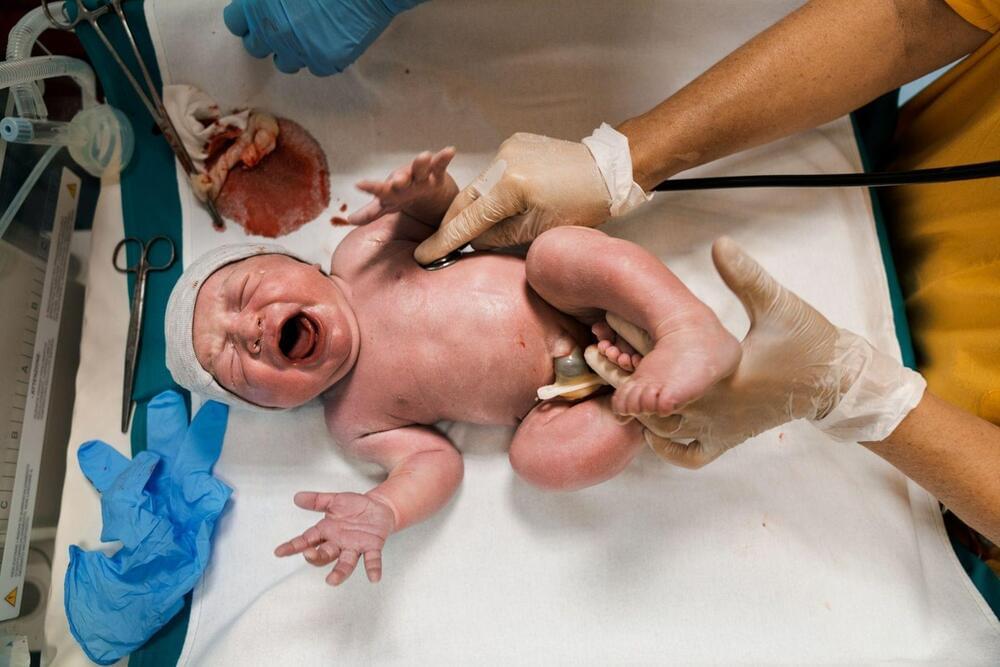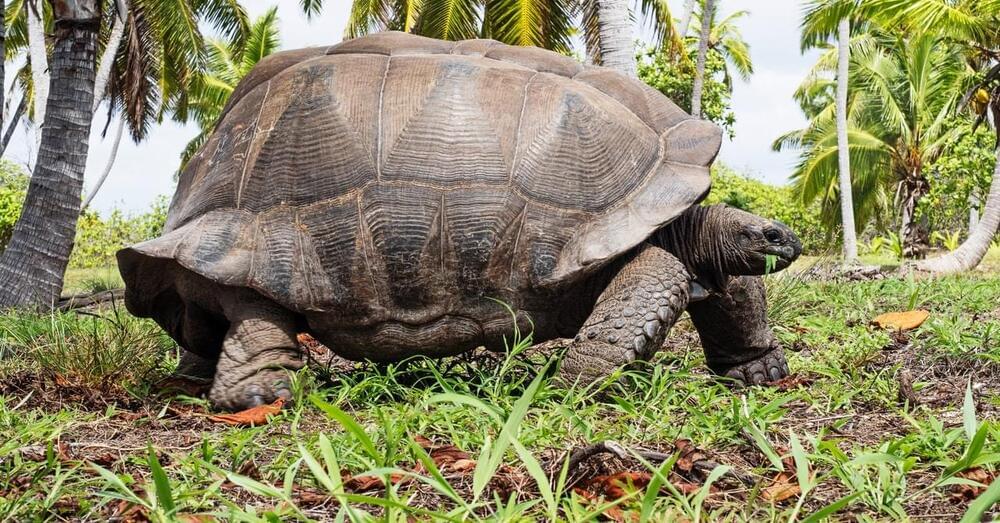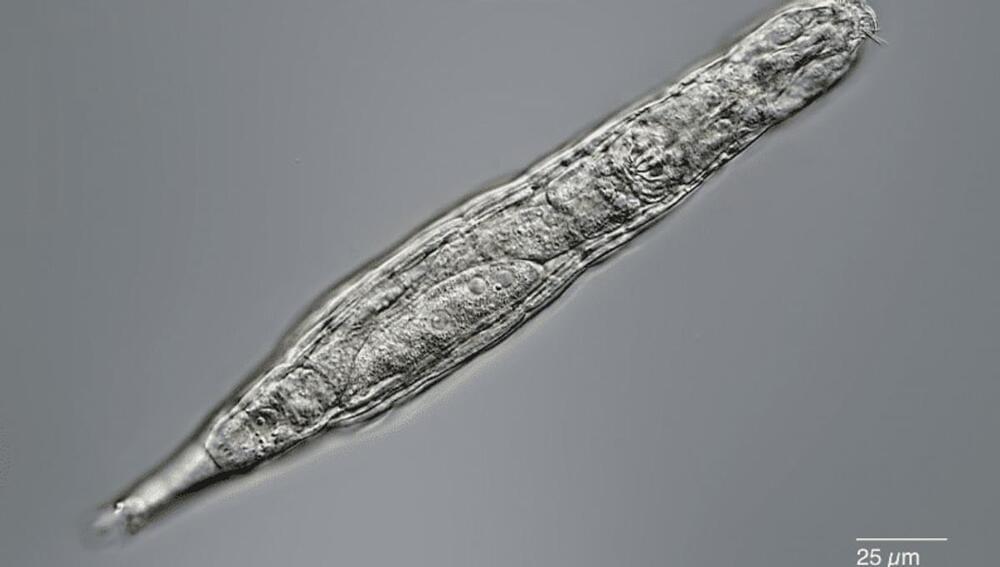Jan 2, 2023
Secrets to Aging Gracefully: Researchers Uncover Factors Linked to Optimal Aging
Posted by Paul Battista in categories: biotech/medical, life extension, neuroscience
Findings underline the importance of a strength-based rather than a deficit-based focus on aging and older adults.
What are the keys to “successful” or optimal aging? A new study followed more than 7,000 middle-aged and older Canadians for approximately three years to identify the factors linked to well-being as we age.
They found that those who were female, married, physically active, and not obese and those who had never smoked, had higher incomes, and who did not have insomnia, heart disease or arthritis, were more likely to maintain excellent health across the study period and less likely to develop disabling cognitive, physical, or emotional problems.
